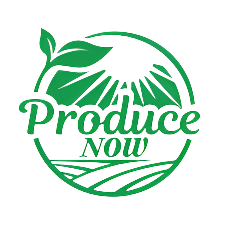Why Organic Isn't Enough
Organic was meant to protect consumers, but over time it’s been watered down by loopholes, long supply chains, and corporate takeovers. Today, much of what’s labeled organic is shipped thousands of miles, stored for weeks, or owned by the same big food companies that prioritize profit over purity — proving that ‘organic’ no longer means what most people think it does
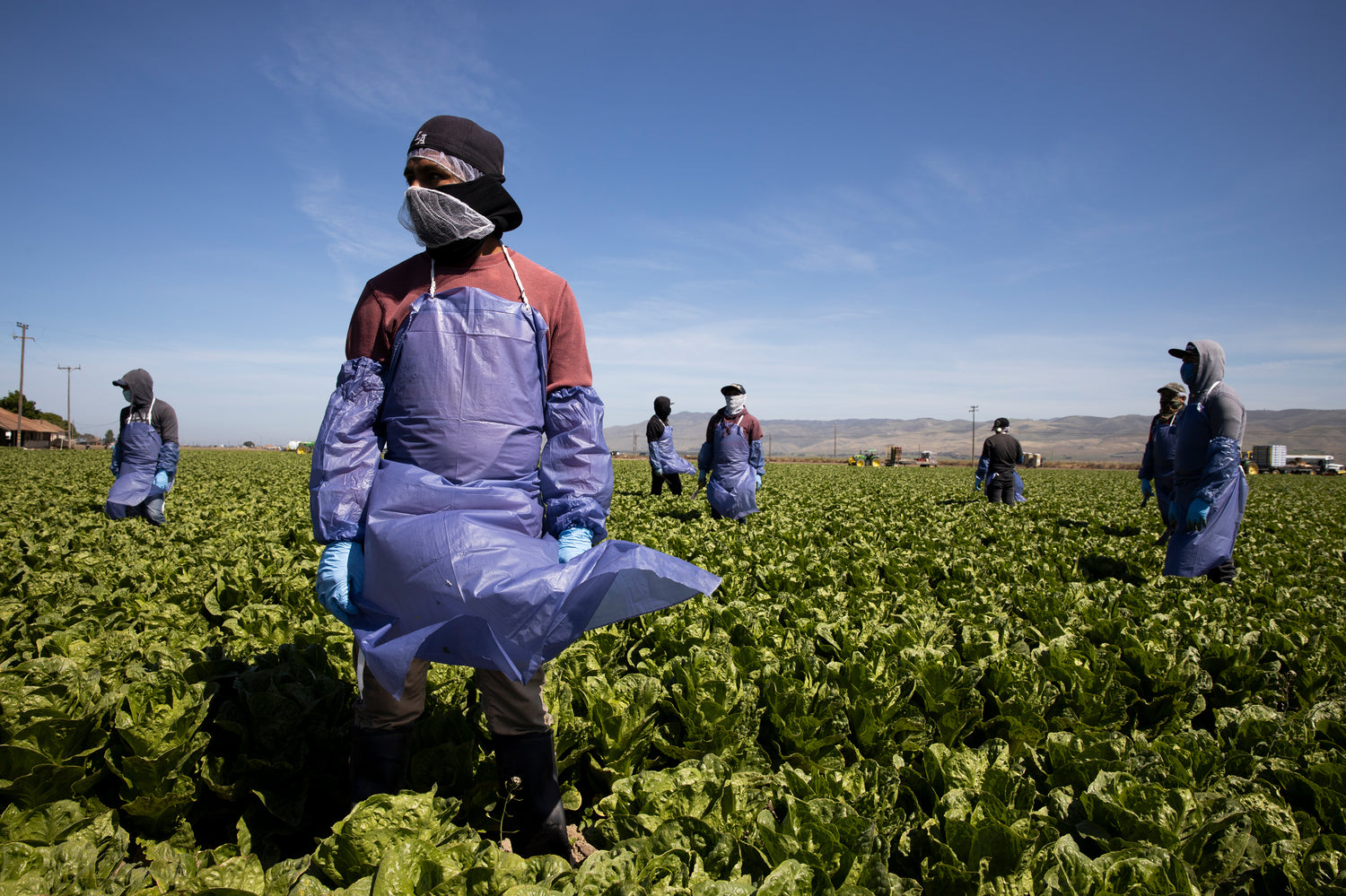
The Problem With “Organic”
The USDA organic label was originally designed to protect consumers, ensuring food was grown without synthetic pesticides, fertilizers, or genetically modified seeds. But over time, the definition of “organic” has shifted. As big corporations entered the organic market, loopholes opened, and large-scale farms found ways to operate within the rules while still relying on practices most people wouldn’t consider truly natural. Many of these operations use approved chemical sprays and industrial-scale farming methods that look a lot more like conventional agriculture than people realize. To make matters worse, a growing portion of organic produce is imported from overseas, where inspections are weaker and fraud is harder to track. In 2018, federal investigators uncovered a massive scandal in which millions of pounds of non-organic grain were falsely sold as certified organic for years. The label no longer guarantees the purity and trust it once stood for.
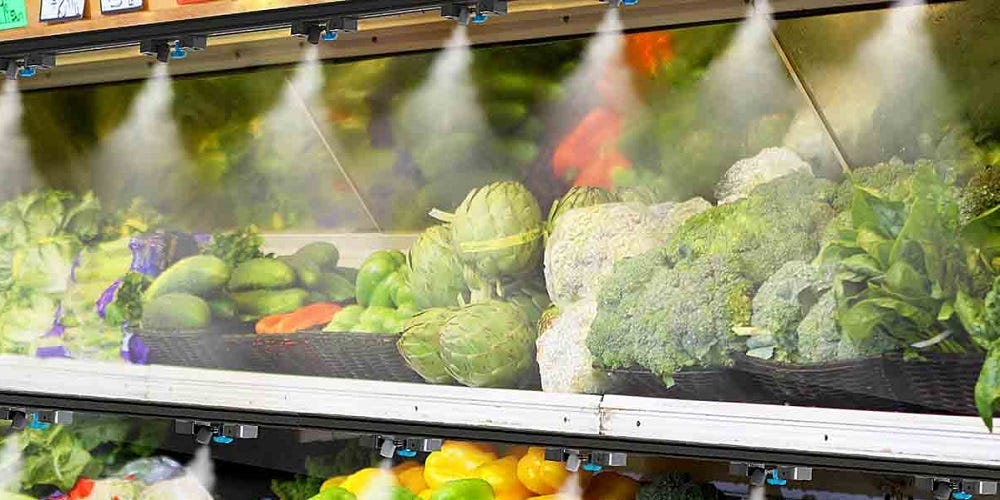
The Hidden Cost of Organic Produce
Even when organic certification is legitimate, it doesn’t mean the produce is fresh or nutrient-rich. Much of the organic food in U.S. grocery stores still travels an average of 1,500 miles before reaching the shelf. Along the way, it is stored in refrigerated trucks and warehouses, sometimes for weeks at a time. Every extra mile and every extra day in storage reduces flavor, vitality, and nutritional strength. The truth is that “organic” only guarantees a production standard — it doesn’t guarantee freshness, nutrient density, or better taste. By the time it reaches your plate, much of the goodness that should have been in the food has already been lost.
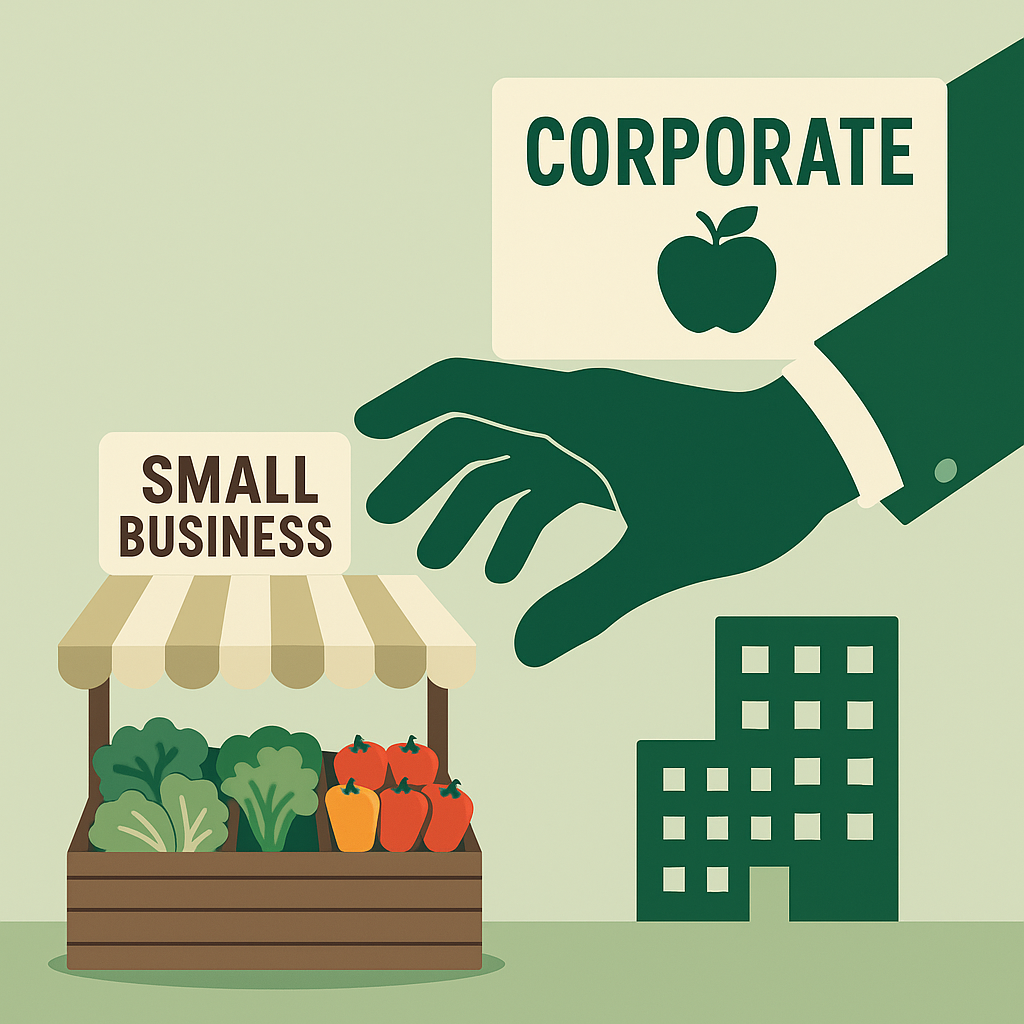
The Corporate Takeover of “Organic”
What began as a grassroots movement to provide cleaner, safer food has now been absorbed by big players in the food industry. Large corporations have bought up many of the country’s most recognized organic brands, folding them into the same distribution, storage, and marketing systems as conventional food. The focus has shifted from integrity and nutrition to scale and profit, with efficiency prioritized over quality. As a result, “organic” has become less about delivering truly better food and more about creating another product line for the same corporations that dominate the rest of the grocery store.
